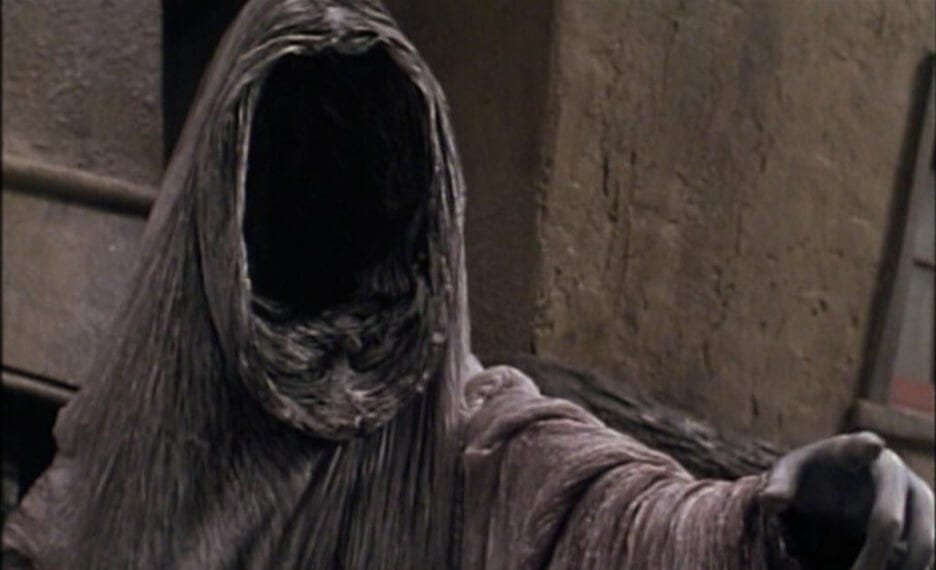Anyway, I am so glad
@DancingPanther took The Most Serene Republic of Venice. Their history is fascinating and unique. Some highlights:
1) They had a very advanced state. Their republic became limited to empowering the rich and then a closed circle over time, but that circle still remained far, far, far larger than most governments through most of their history. And they were very serious about civic duty. If you were elected to serve in a position, you served. There were punishments for refusing. Their government was a complex system of checks and balances that ensured no one person could control the whole thing. And any time someone did try, they were swiftly executed. After one such attempt, the family estates were confiscated as well and their houses torn down and never rebuilt, which is a hell of a spite-statement in a city with a bit of a nonstop real estate crisis. Enemies of the state who weren't executed were exiled. Those who so much as whispered against the state after that tended to disappear from the historic record. Which brings us to
2) Spying! All those trade networks made for easy spying. Venice built a highly effective espionage network. It's a big reason why they were so effective diplomatically and economically. They also turned the spy apparatus against their own people though. The government tried to be quite oppressive. Their lightless, lead-lined prison cells were notorious across Europe and who can say how many disappeared into them? They were a Republic and more democratic than the bulk of Europe, but they were also kinda f***ing terrifying. But the Venetian people were culturally highly rebellious.
3) The people! The surest way to get Venetians to do something was to tell them they couldn't do something. They relentlessly sought and exploited legal loopholes. During Carnival and feast days you could wear masks and get away with tons of stuff, so the people just kept extending Carnival and making more feast days until that stuff ran just about all year round. It took centuries for the state to figure out how to cut down on the hooliganism. The solution: Laws mandating participation in these events. Just like that, the people rejected them. Because they were told to. There are a lot of primary source records of the government trying to deal with their own people and just getting absolutely trolled at every turn. It's top-notch reading. Like when they tried to boss a convent around so the nuns just rang their bells for days straight, and the government gave up and begged them to please god stop with the bells.
One of the more fearsome weapons in the papacy's arsenal was placing a city or kingdom under interdict. It was like excommunicating the whole nation. This undermined legitimacy of the ruler, caused unrest, and was a thing to avoid. Venice just didn't give a shit. They ignored it. The people ignored it. Their own clergy ignored it. Again, telling Venetians not to do something is how you get them to do something. It probably increased church attendance.
4) Culture! Oodles of it. They were a book printing center. A major one. All books. The papacy banning books was the surest way to get Venetians to print them, what with the whole "they were told not to so they had to" thing. Art. Music. Glass. There is quite a contradiction here though; a Venetian woman could become highly educated and cultured as a courtesan, so there was a lot of independence to be had. On the other side of that coin, regular non-courtesan women were heavily regulated and oppressed so that men could draw the sharpest possible distinction between the free-wheeling courtesans and their honorable wives.
5) The Arsenal! Venice pioneered industrial production and things like assembly lines and interchangeable parts centuries before the Industrial Revolution. At its peak, the Arsenal could churn out a full-blown warship in one day. That level of shipbuilding capacity has only ever been matched by the United States in WW2. They did it by hand. in the middle of the 14th century during one of their many massive wars with Genoa, Genoa thought they had won. They had wiped out Venice's fleet. They and their allies had besieged the city. It was only a matter of time until they fell. All they had to do was wait for the envoy to come surrender. That envoy never came, though. What did emerge, was an entirely new fleet which wiped out Genoa's and lifted the siege. Genoa never recovered. It took anyone else years and generations to build up a navy and maintain it. Venice could do it in a couple months.
6) Enrico Dandalo! What a guy! stormed the sea walls of Constantinople at 90 years old while fully blind! Probably blind because he hit on the wrong princess in Constantinople when he was a diplomat! f*** him.
7) How they elected their Doge! I'll just copy and paste this:
“Whenever the time came to elect a new doge of Venice, an official went to pray in St. Mark’s Basilica, grabbed the first boy he could find in the piazza, and took him back to the ducal palace. The boy’s job was to draw lots to choose an electoral college from the members of Venice’s grand families, which was the first step in a performance that has been called tortuous, ridiculous, and profound. Here is how it went, more or less unchanged, for five hundred years, from 1268 until the end of the Venetian Republic.
Thirty electors were chosen by lot, and then a second lottery reduced them to nine, who nominated forty candidates in all, each of whom had to be approved by at least seven electors in order to pass to the next stage. The forty were pruned by lot to twelve, who nominated a total of twenty-five, who needed at least nine nominations each. The twenty-five were culled to nine, who picked an electoral college of forty-five, each with at least seven nominations. The forty-five became eleven, who chose a final college of forty-one. Each member proposed one candidate, all of whom were discussed and, if necessary, examined in person, whereupon each elector cast a vote for every candidate of whom he approved. The candidate with the most approvals was the winner, provided he had been endorsed by at least twenty-five of the forty-one.”
Once you were picked to draw lots/make nominations for any part of this, you were disqualified going further. I can't remember if it was just for a round or two, or the whole thing. This process is completely and fully bribe proof. You cannot lobby this or game it. It cannot be done. That was the goal and they accomplished it.
Also the Doge didn't really run the show. Checks and balances and all that.











